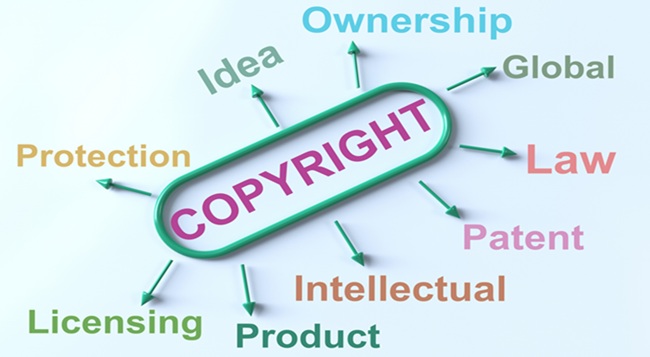Apr 28, 2025
Apr 28, 2025
A Relic in the Age of AI, Struggling To Protect Creators
Is India’s copyright law still relevant in an era where artificial intelligence (AI) can create, curate, and repurpose content at an unprecedented scale? Can legislation designed in 1957 protect journalists, writers, and content creators from the voracious appetite of AI-driven corporations? Or is it time to rewrite the rules before creative industries are cannibalized by technology giants?

The lawsuit filed by ANI against OpenAI in the Delhi High Court is not just another intellectual property dispute — it is a battle that could define the future of content ownership in India. At stake is a fundamental question: can generative AI companies freely consume copyrighted material to train their models without compensating the original creators?
This is not an isolated concern. Across the world, media publishers and content creators are taking legal action against AI firms for scraping their copyrighted material. From The New York Times’ lawsuit against OpenAI in the United States to Europe’s tightening copyright laws, global players are reacting to the AI revolution with urgency. But India? India’s legal framework remains shackled to an outdated Copyright Act that is ill-equipped to deal with the realities of AI.
A Law from the Past, Facing the Future
India’s Copyright Act of 1957, drafted long before the digital age, was designed to protect authors, artists, and publishers from unauthorized reproduction and distribution of their work. However, it was never intended to deal with AI models that indiscriminately harvest data from the internet to generate human-like text, images, and even code.
In its current form, Indian copyright law grants creators exclusive rights over their content, making unauthorized reproduction a clear infringement. The law recognizes that original works — whether news articles, literature, or music — require significant investment and effort, and thus must be protected from free-riders. However, AI models operate in a legal gray zone, scraping vast amounts of publicly available information and using it to generate content that is strikingly similar to copyrighted works.
OpenAI claims that ChatGPT only uses “publicly available data,” but this defense is deeply flawed. Just because content is accessible online does not mean it is free to use. News publishers and journalists, for example, spend enormous resources on reporting, editing, and fact-checking — only for AI models to repurpose their work without attribution or compensation.
This creates a legal paradox:
How the World is Moving Ahead — But India is Falling Behind
While India’s laws remain frozen in time, other nations have already begun to adapt.
India, however, has no such provisions. Section 52 of the Indian Copyright Act lists exceptions for fair use, such as research, criticism, education, and news reporting, but it does not account for large-scale AI training. Without legislative intervention, Indian courts are left grappling with a law that is fundamentally unequipped to handle AI-driven copyright violations.
The Dangers of a Weak Copyright Regime
The inability to regulate AI’s usage of copyrighted content is not just a legal issue — it is a threat to India’s creative economy.
The Way Forward: A Legal Overhaul for The AI Age
The ANI vs. OpenAI case underscores an urgent need for India to modernize its copyright laws. Here’s how it can be done:
1. Introduce AI-Specific Copyright Provisions
Implement a Compensation Framewor
Strengthen Fair Use Guidelines
Expand Unfair Competition Laws
Encourage Transparency in AI Training
The Future of Copyright in the AI Era
The battle between OpenAI and ANI is not just a legal dispute — it is a turning point in India’s intellectual property landscape. If India fails to act, AI companies will continue to exploit creators, siphon revenue from publishers, and erode the foundation of the creative economy.
Will India remain stuck in outdated copyright laws while the rest of the world moves forward? Or will it recognize the urgency of the moment and enact bold reforms to safeguard its creative industries?
The choice is clear. If India wants to be a leader in AI, it must also lead in protecting those who create the content that powers AI.
Image (c) istock.com
26-Apr-2025
More by : P. Mohan Chandran